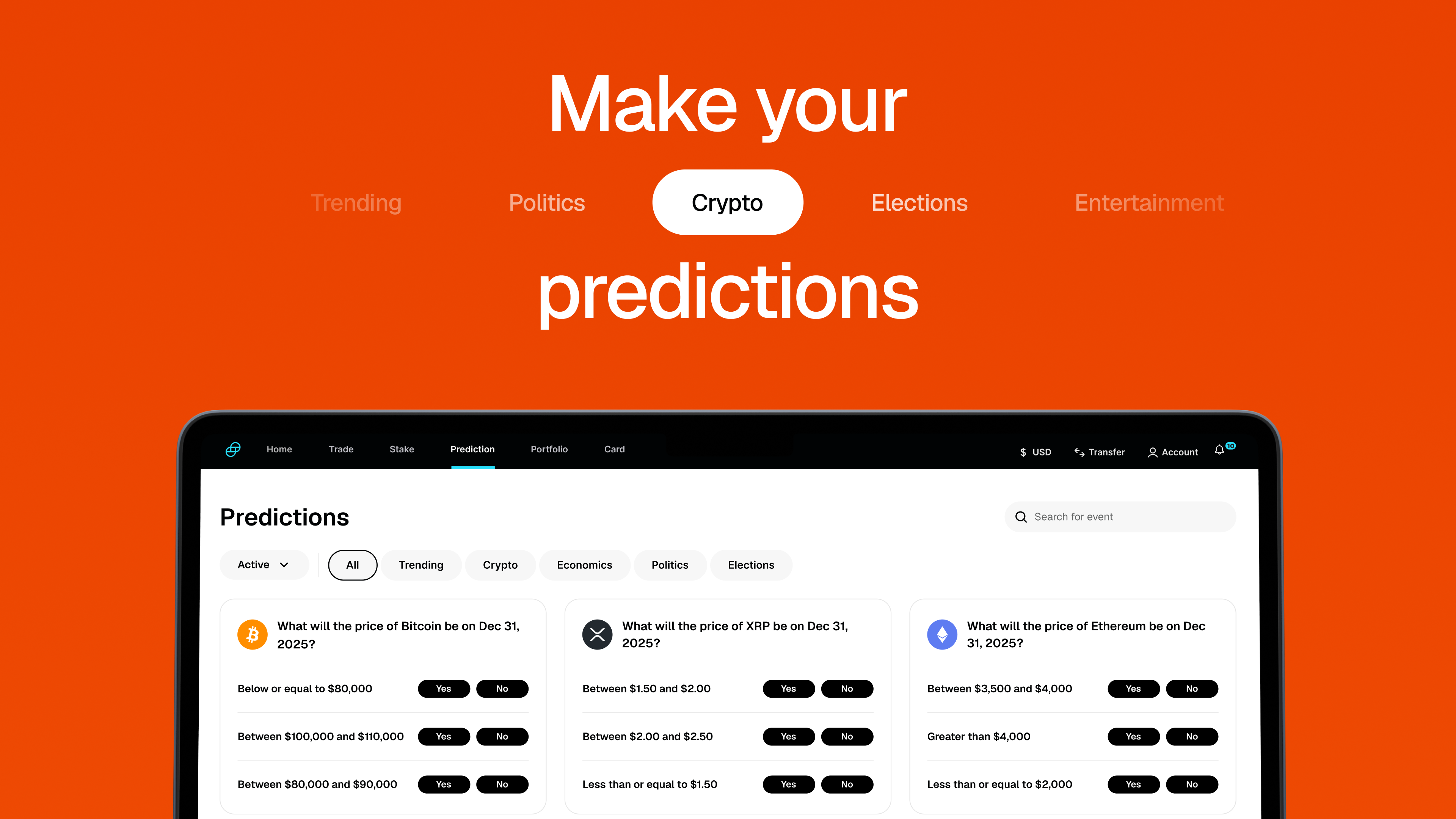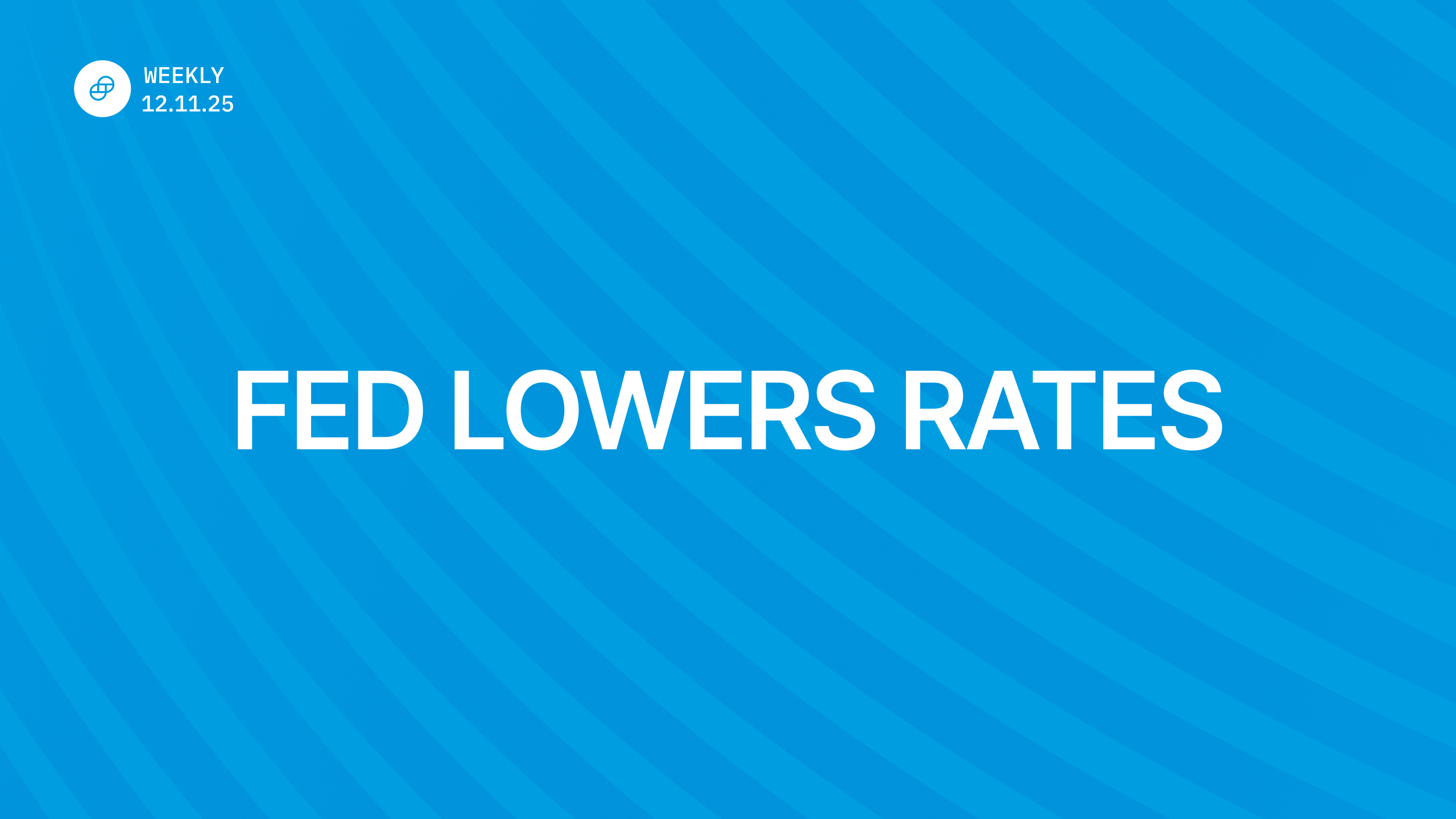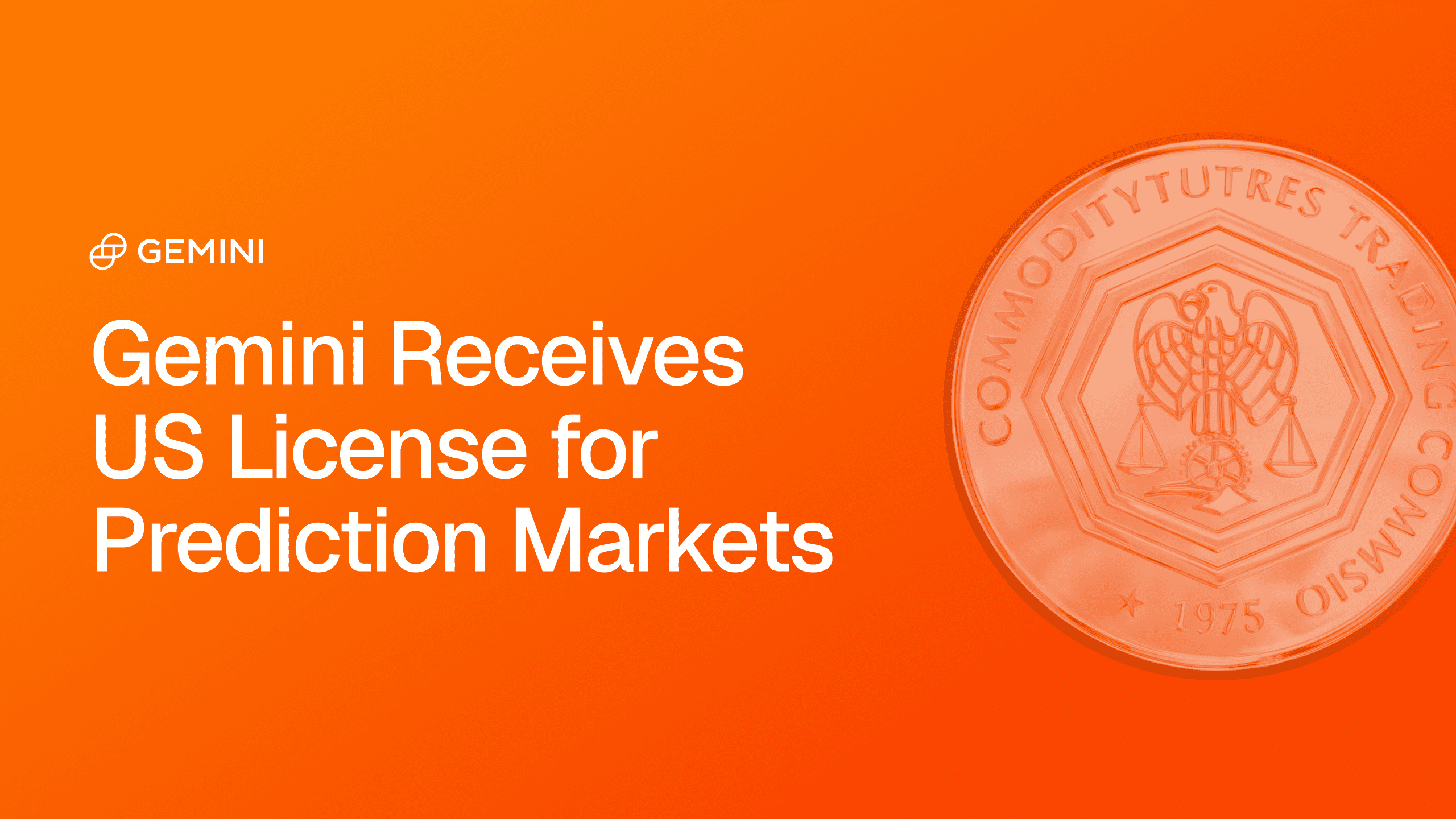APR 21, 2022
Token Spotlight: SKALE (SKL)

Welcome back to our Token Spotlight series! This week we are taking a look at , a fully-decentralized multichain network built to scale Ethereum.
SKALE Basics
- Governance Token:
- Underlying Blockchain: Ethereum
- Total Token Supply: 7 billion
SKALE Use Cases
to offer dApps their own fully Ethereum compatible blockchain addressing the challenges of high costs, technical scalability, and user experience.
The SKALE Network targets these limitations by acting as a multichain for the Ethereum network that enables developers to bypass congestion on the Ethereum mainnet and offer gas-free transactions. To accomplish this, SKALE migrates most transactions off of the main chain and onto adjacent SKALE-administered chains, known as SKALE Chains, that have no transaction costs while on chain. The various SKALE Chains operate as independent blockchains that integrate with their ; this is intended to allow dApps to run and scale quickly and efficiently on their own unique chain.
SKALE also recently announced the upcoming SKALE V2 network upgrade, which is being named the SKALEVERSE and aims to support Web3 projects. The SKALE to V2 upgrade evolves SKALE from a network of siloed L2 chains to a high performance modular L1/L2 hybrid network of scalable interconnected blockchains. Notable improvements to the network include the optimization of support for NFT, Metaverse, and Play-2-Earn applications. Read more about the .
SKALE Token (SKL) and Governance Overview
SKL is an , which maintains backward compatibility with ERC-20 platforms, but doesn’t require delegators to lock their tokens in smart contracts. Instead, delegators provide a secure key to the staker, ensuring they are able to retain control of their SKL. The SKL token facilitates four main functions on the SKALE Network:
- Security and Staking: SKL token holders can stake, or delegate, their tokens to , the parties who validate transactions. These validators operate the SKALE Network by verifying blocks, executing smart contracts, and securing the network. As validators, they receive SKL crypto rewards for their efforts.
- Payment: Developers use SKL tokens to pay for SKALE Chain subscriptions.
- Rewards: Both delegators and validators receive SKL crypto premiums derived from the subscription fees paid by developers and the inflation of tokens into the network.
- Governance and Voting: The SKL token facilitates on-chain voting, which controls all economic parameters on the SKALE Network.
We are excited for the potential for dApps to benefit from the security, , and adaptability of the SKALE Network. It’s yet another step in unlocking the next era of financial, creative, and personal freedom.
Onward and Upward!
Team Gemini
RELATED ARTICLES

COMPANY
DEC 15, 2025
Gemini Predictions™ Is Now Live

WEEKLY MARKET UPDATE
DEC 11, 2025
Federal Reserve Cuts Rates Again, SEC Proposes New Token Guidelines, and BlackRock Applies for Ether Staking ETF

COMPANY
DEC 10, 2025